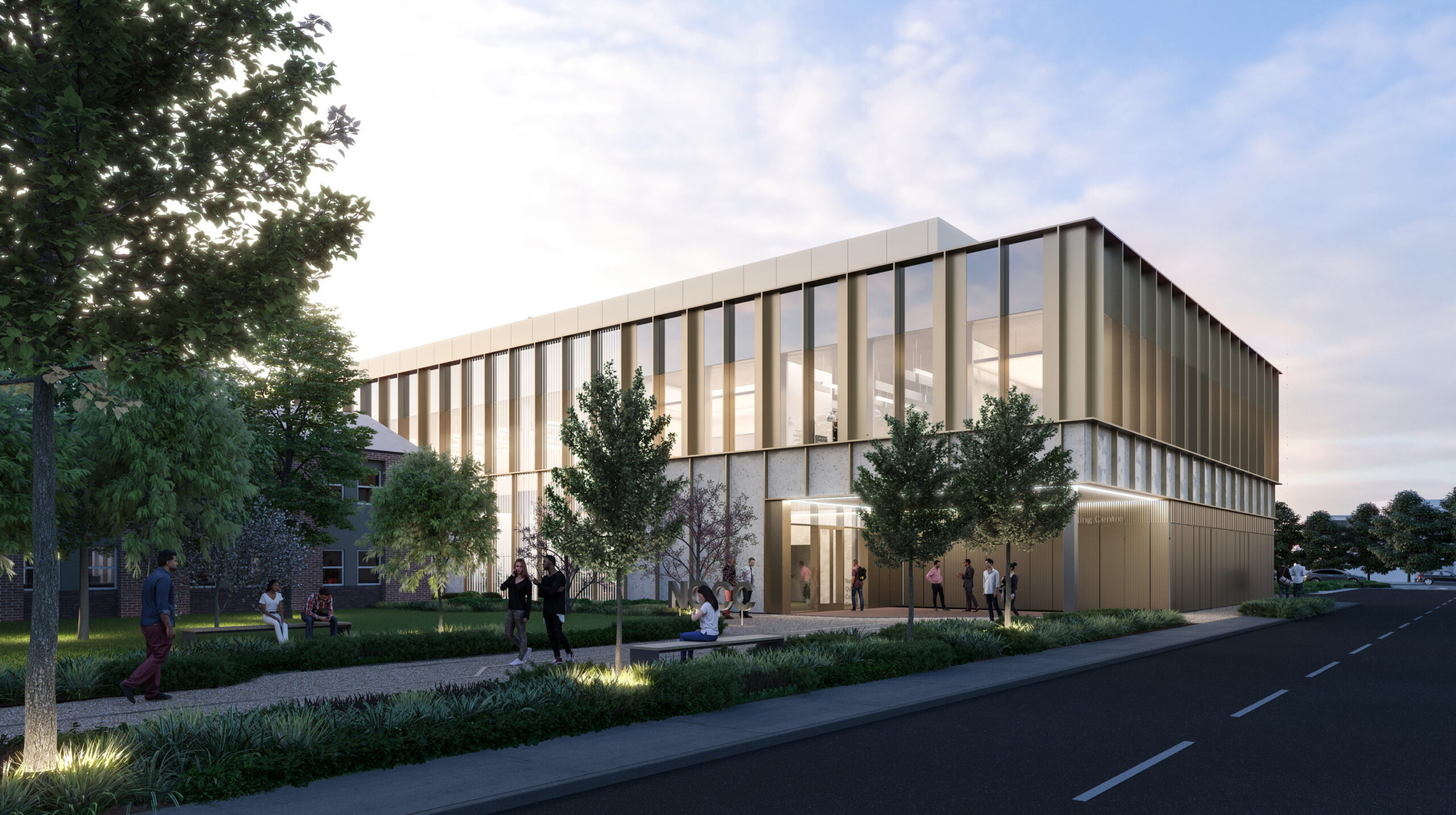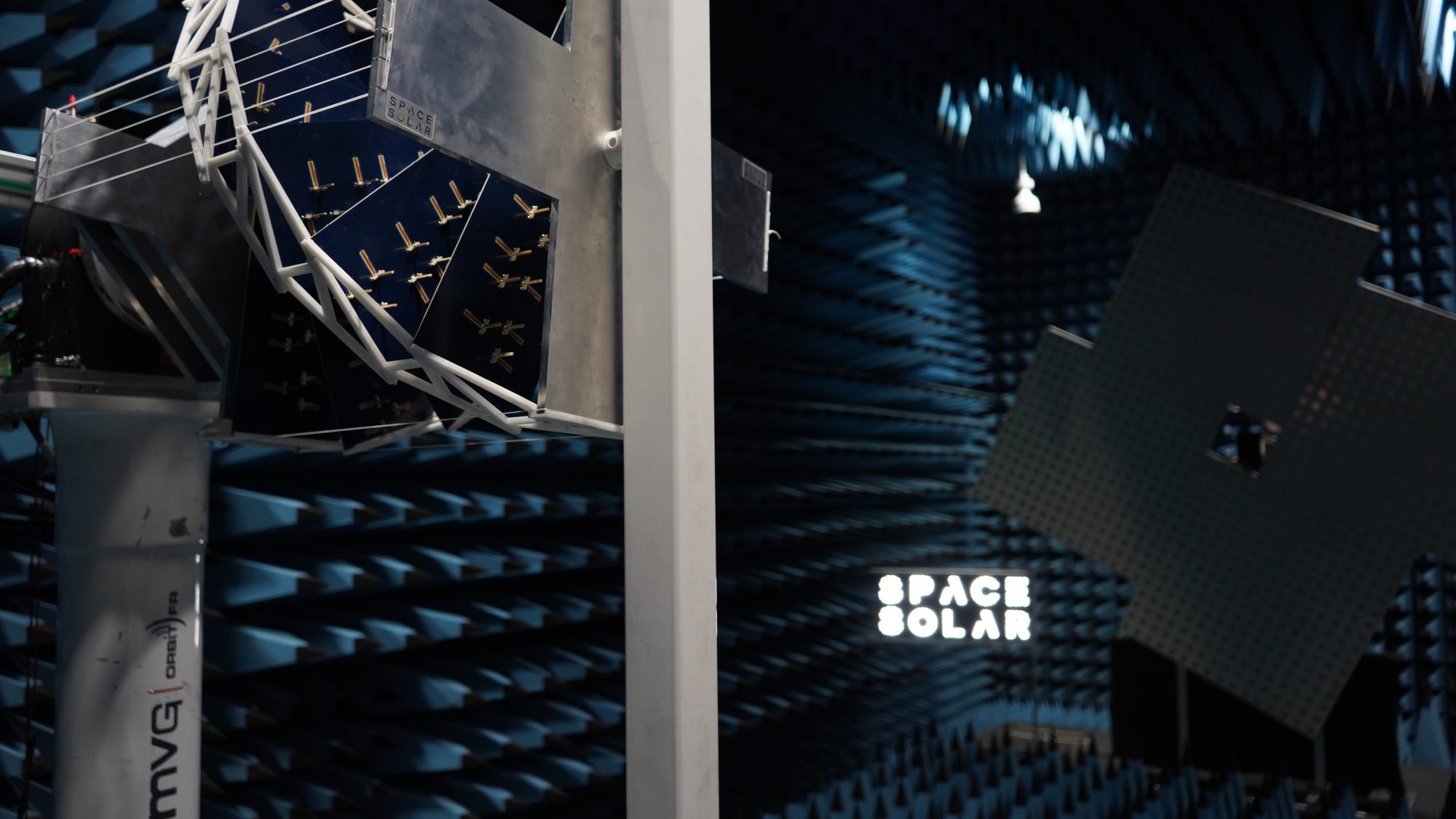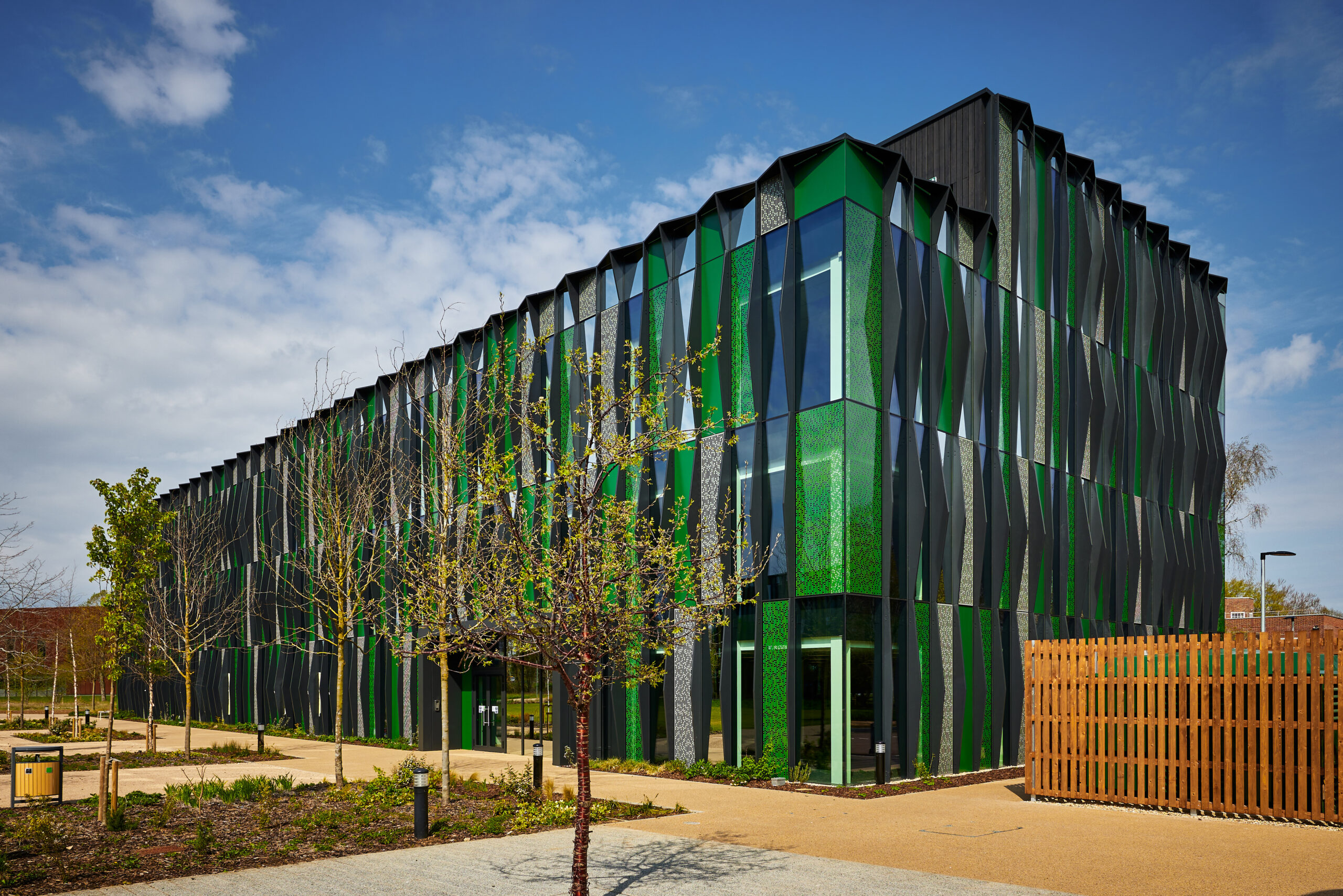
Unlocking the potential of quantum: NQCC delivers £30 million investment
The investment was announced today by Science Minister Andrew Griffith, and forms part of a total investment of £45 million which will help seize this technology’s potential to overhaul healthcare, energy, transport.
The £30 million investment has been awarded to seven quantum hardware companies to allow them to establish quantum testbeds at the NQCC. The aim is to showcase, demonstrate, and evaluate the capabilities of different world-leading hardware solutions
The funding has been provided by the UKRI Technology Missions Fund and the UK’s National Quantum Computing Centre (NQCC).
Science Minister, Andrew Griffith MP, said:
“As we steer towards an economy benefitting from quantum, this further £45 million in funding underscores our commitment to support bright UK innovators who are pushing boundaries and seizing the potential of this technology to transform our public services.
“Cutting-edge work on a quantum enabled brain scanner, which will be a beacon of hope for those battling neurological conditions, is just one example.
The UK is already one global leader in quantum and to maintain that position this government will continue to invest in this transformational technology propelling the UK into a new era of technological prowess and economic growth.”
Over the next ten years, quantum technologies are expected to revolutionise many aspects of life in the UK and bring enormous benefits such as helping to grow our economy and create well-paid jobs across the country
The winning companies are:
- AEGIQ, Sheffield
- Cold Quanta UK, Warwick
- ORCA Computing, London
- Oxford Ionics, Oxford
- Quantum Motion, London
- QuEra Computing, Exeter
- Rigetti UK, London
Dr Michael Cuthbert, Director of the National Quantum Computing Centre, said:
“My congratulations to the lead providers of our seven awarded quantum testbeds. Over the coming 15 months these prototype quantum computing platforms will be deployed into the newly established NQCC facility providing us with a valuable insight into the maturity, characteristics and capabilities available across a range of hardware architectures.
“This next phase of the NQCC will be one of huge promise establishing a unique state of the art facility with on-premises access to a range of qubit modalities at scale.”
The successful innovators will undertake development, build, and commissioning activities, to deploy operationally ready quantum computing testbeds at the NQCC.
The seven projects reflect the range of qubit architectures that could offer a pathway to fault-tolerant quantum computing. Rigetti, for example, will build a testbed with 24 superconducting qubits, while Oxford Ionics will demonstrate a trapped-ion platform based on technology originally developed at the University of Oxford. Two of the projects, awarded to QuEra and Infleqtion (formerly ColdQuanta), will assemble hardware systems based on neutral atoms, while ORCA Computing and Aegiq will take different approaches to photonics-based quantum computing. The seventh project, meanwhile, will see Quantum Motion create a demonstration platform that exploits spin qubits within a silicon-chip architecture.
You can read more about the government funding and NQCC’s role here https://www.nqcc.ac.uk/updates/science-minister-andrew-griffith-announces-the-results-of-the-30m-quantum-computing-testbed-competition/
Latest news
-

Space Solar Demonstrates World’s First 360° Wireless Power Transmission
Space Solar, a pioneering company in the field of space-based solar power based at Harwell Campus, has achieved a historic milestone with the successful testing of its HARRIER 360 degree power beaming technology demonstrator. This accomplishment marks a significant leap forward in the quest for sustainable and affordable energy solutions. Space Solar is dedicated to…
-

UK-Autonomous and Connected Earth Network Launches to Unite Communities through Space Technology
The Satellite Applications Catapult at Harwell has launched its second funded Connected Capability Network (CCN) which aims to unite communities across the UK, enabling them to harness the benefits of satellite data and space technology. The UK Autonomous and Connected Earth (UK-ACE) CCN will be led by Harwell’s space cluster and will advance the reach and impact…
-

UK Space Agency’s New Harwell HQ
Harwell Campus has today further strengthened its position as a leading international space hub, as the UK Space Agency relocates its HQ to the campus, to be closer to the sector it serves. A New Home The UK Space Agency has taken around 10,500 sq. ft of space in the Quad Two building. The move…